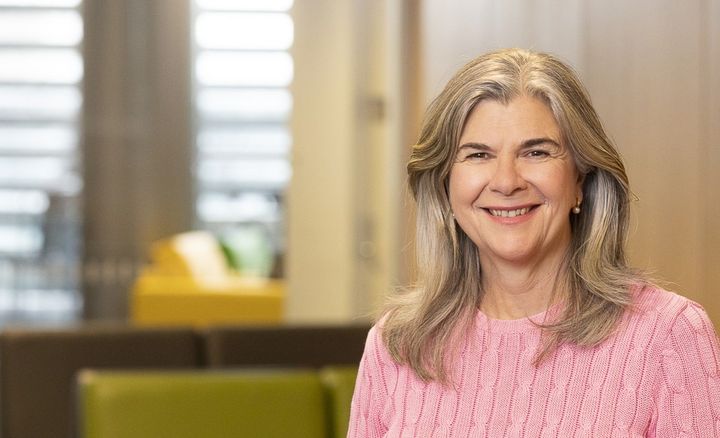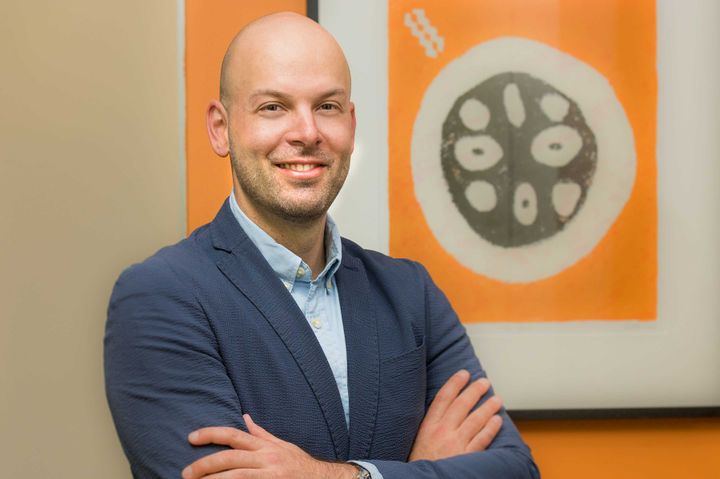Cultural intelligence: the new and crucial frontier for talent
How can New Zealand organisations succeed when they find themselves in a different cultural context? New research is showing a further step in talent development is required.

The Context
- Cultural intelligence (CQ) is increasingly important as companies become more diverse and seek to operate successfully within other cultural regions. Emotional and social intelligence lose power when people cross cultural boundaries.
- This is not just a challenge for individuals, but for teams, organisations and their leaders. How can businesses ensure diverse teams work well together? Can leaders transform how their company succeeds in cross-cultural contexts?
- The traditional source of cultural intelligence, such as experience through travel, is not available to everyone, especially in current times. We need new ways to strengthen cultural intelligence.
- Research is showing how organisations can create ‘team CQ’ and so achieve things they could not otherwise do, as well as give more people the opportunity to develop CQ and so be work-ready for cross-cultural environments. But it needs leadership with high CQ and deliberate effort.
What makes the difference between those who thrive, and those who merely survive cross-cultural interactions? According to Dr Dana L. Ott, Senior Lecturer in International Management at the University of Otago, it could have something to do with what’s known as cultural intelligence (CQ).
In navigating the nuances of our interactions with one another, we’ve come to understand the importance of emotional and social quotients, but CQ picks up where EQ and SQ leave off. According to Dr Ott “it’s about having the interpersonal skills and capabilities that are needed when the cultural context changes. It’s going that step further.”
The recipient of an Emerald Literati Outstanding Paper award for a piece she co-authored with Dr Marina Iskhakova on Working in culturally diverse teams: Team-level cultural intelligence (CQ) development and team performance, Dr Ott’s research spans not only CQ but talent management and expatriation, subjects that are grounded in personal experience.
Prior to her academic career, Dr Ott co-ordinated study abroad programmes, working for universities in the US and Germany. There she observed firsthand how students struggled with and adjusted to new and unfamiliar cultures. Observing these experiences inspired Ott to think about how people succeed when they find themselves in a new context.
“Emotional and social intelligence are powerful when you’re interacting with people from the same cultural background, but once you cross a cultural boundary it’s not going to be as valuable,” said Dr Ott.
Developing high CQ talent for the future
Dr Ott set out to find the links between international student experiences and the development of CQ, for her PhD thesis. This in turn led her to look at how international experiences affect individuals in organisations that cross national boundaries, or expats sent abroad on international company assignments.
Today’s reality is that we don’t need to board a plane to interact with someone from a different cultural background. Instead, Ott argues that cultural intelligence is becoming ever more important due to increasing diversity within countries, which trickles down to growing diversity within organisations as well. Whether this diversity becomes a strength - that’s where CQ comes into play.
“It’s about how we manage diversity and differences and ensure that people have the capabilities to work together. That’s where I see cultural intelligence as being really important because it provides people with those skill sets.”
The way Dr Ott describes the set of skills that makes up ‘high CQ’ is much like a high-performing athlete’s body: you need your brain, or interaction strategy, to direct and coordinate the different limbs or elements of cross-cultural interactions. CQ involves having prior knowledge about a culture, the ability to portray behaviours appropriate to that cultural setting and the motivation to form constructive and mutually beneficial relationships. Like an athlete, the more you train in such environments, the easier the interactions become.
“The challenge for us as researchers,” Dr Ott says, “is to be able to level the playing field. How can we ensure that people who don’t have all those individual cultural experiences are also able to develop CQ?”
At least part of the answer, of course, involves our educational institutions. Business schools around the world know the importance of preparing students for global careers, but the ‘how’ is a big question. In their paper on working in culturally diverse teams, Dr Ott and Dr Iskhakova examine the idea that exposure to different cultural practices and viewpoints hones the skills needed to compete in international markets. They went into a business school to see for themselves how intense interactions among team members from different cultural backgrounds positively influenced not only the individual’s CQ, but also that of the team.
The pair tracked 23 teams of undergraduate economics students over the course of a semester at an Australian university. Each team had at least two students from diverse cultural backgrounds, while 30% of teams had three or more culturally diverse team members. The study then observed as the teams created a shared value system and team culture over the course of the semester. The results supported the hypothesis that working in a culturally diverse team develops team CQ and has other positive effects besides: it makes graduates more work-ready, serves as an equaliser for students who couldn’t otherwise afford to study abroad, and demonstrates how, over time, teams with higher levels of CQ have increased levels of performance.
The potential gains from increased team CQ are significant, especially when we think of the cross-cultural collaborations needed to solve global problems. But as Dr Ott points out, its not a magic formula – it requires deliberate effort.
“We know from other research that diversity often leads to better collaboration, more creativity, more innovation; but that doesn’t mean that just because you take a group of people who are different and put them together in a team all these great things are going to come out of it. It must be managed. People have to know how to interact with each other.”

High CQ leadership can transform performance
Managing and harnessing diversity in order to maximise its potential is where CQ really starts to come into its own, especially when management and leadership embrace these values. Within teams, leaders with higher levels of CQ can positively influence the behaviour of individual team members. Research has found that this has been linked to transformational leadership styles. As Dr Ott says, “it’s not until we have those constructive interactions and are able to work together that the benefits of diversity can actually be realised for organisations, countries or individuals.”
Is CQ the key to creating the talent that New Zealand businesses need in an increasingly diverse and interconnected world? “There’s a lot of different ways we can think about talent,” says Dr Ott. “If we think about the increasing diversity within organisations, then people with high levels of cultural intelligence, who are able to manage and to harness differing skill sets and perspectives in order to get positive outcomes, could be talent for an organisation; because it could allow them to achieve something that other companies may not be able to do.”
In New Zealand, where we are highly reliant on the importing of talent and skills from abroad, professionals possessing CQ could provide a competitive advantage. But on this point Dr Ott is clear on the need for effort and change.
“It requires organisations to change their perspective on how they’ve traditionally viewed talent. It’s finding ways to diversify the traditional talent pool and to bring attention to populations that have a lot to offer, but often get overlooked.”
The direction of Dr Ott’s future research in this area is looking at the diversification of the talent pool through groups previously passed over - these include female talent and those who are neurodivergent.
Unexpected journeys leading to new abilities
Some of her current research involves analysing the data of students who have completed overseas study tours. By analysing their journals, she wants to understand more about how cultural intelligence is developed. Dr Ott is looking for what she terms ‘disorienting dilemmas’ - instances where students are faced with something unexpected that challenges their frame of reference in a way that leads them to change their views of the world. Dr Ott wants to delve deeper into such experiences to understand how these might result in the development of the powerful abilities to act more effectively across cultures.
“It continues to inspire me that CQ is out there, and it’s something we should all be trying to learn and develop within ourselves.”
Feature image: Students enjoying a project together / photo: iStock/Rawpixel



